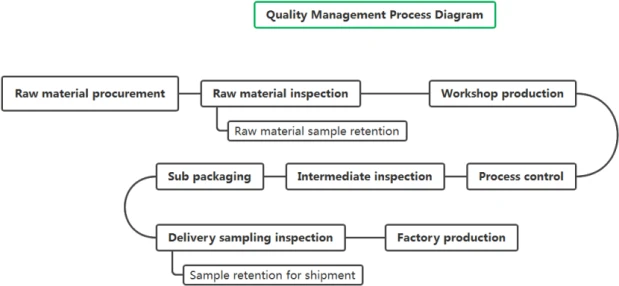
News
Oct . 19, 2024 12:05 Back to list
sodium citrate chelator
Sodium Citrate as a Chelator An Overview
Sodium citrate, the sodium salt of citric acid, is a versatile compound widely used in various fields including food, pharmaceuticals, and biochemistry. Among its numerous applications, one of the most intriguing aspects of sodium citrate is its role as a chelator. A chelator is a chemical compound that can form multiple bonds with a metal ion, effectively grabbing it and facilitating its removal from a solution or biological system. Sodium citrate, with its three carboxylate groups, has a significant ability to chelate divalent metal ions such as calcium, magnesium, and iron, making it a valuable substance in several domains.
Properties of Sodium Citrate
Sodium citrate appears as a white crystalline powder and is highly soluble in water. Its chelating properties arise from its structure; the three carboxyl groups are capable of donating electron pairs to metal ions, thus forming stable chelate complexes. In aqueous environments, sodium citrate can help stabilize metal ions, which is crucial in biological systems and various industrial processes. Its safety profile and non-toxic nature enhance its applicability, particularly in food and pharmaceutical contexts.
Biological Significance
In biological systems, sodium citrate functions as an important chelator of metals, playing a critical role in various metabolic processes. For instance, it can prevent the precipitation of calcium carbonate in the tissues and fluids of the body. This property is particularly advantageous in managing conditions such as kidney stones, where excess calcium can crystallize and lead to painful blockages. By binding calcium ions, sodium citrate helps to maintain their solubility, effectively reducing the likelihood of stone formation.
Moreover, in blood transfusions, sodium citrate is commonly used as an anticoagulant. It binds to calcium ions in the blood, which are essential for the coagulation cascade. By sequestering calcium, sodium citrate prevents blood from clotting outside the body, thereby allowing for the preservation of donated blood and the safe conduct of transfusions.
sodium citrate chelator

Applications in Food Industry
The food industry takes advantage of sodium citrate's chelating properties to improve the stability and quality of various products. Its ability to bind metals prevents undesirable reactions, such as oxidation, which can spoil food and affect flavors. Additionally, sodium citrate is often used in processed cheese products to improve meltability and texture. By stabilizing calcium in the cheese matrix, it enhances its creaminess and overall mouthfeel, making it a prized ingredient in many culinary applications.
Industrial Uses
Sodium citrate is also employed in numerous industrial applications, particularly in cleaning agents and detergents, where it serves as a powerful chelating agent. It helps to remove metal ions that can hinder cleaning efficacy by binding to them and preventing them from interacting with other components of the cleaning solution. Furthermore, in the textile industry, sodium citrate is used to soften water by chelating hard water ions, improving dye uptake and overall fabric quality.
Conclusion
In conclusion, sodium citrate's role as a chelator is multifaceted, impacting a variety of sectors from biotechnology to food production and industrial cleaning. Its ability to bind metal ions effectively and safely makes it an indispensable tool in managing metal ion concentrations in biological and industrial systems alike. As research continues to explore the broader applications of sodium citrate, its importance as a chelator will likely only expand, contributing further to its already notable versatility. With its safety and environmental friendliness, sodium citrate stands out as a preferred chelating agent in numerous formulations, promising benefits that are both practical and beneficial in maintaining health and improving product quality.
-
Polyaspartic Acid Salts in Agricultural Fertilizers: A Sustainable Solution
NewsJul.21,2025
-
OEM Chelating Agent Preservative Supplier & Manufacturer High-Quality Customized Solutions
NewsJul.08,2025
-
OEM Potassium Chelating Agent Manufacturer - Custom Potassium Oxalate & Citrate Solutions
NewsJul.08,2025
-
OEM Pentasodium DTPA Chelating Agent Supplier & Manufacturer High Purity & Cost-Effective Solutions
NewsJul.08,2025
-
High-Efficiency Chelated Trace Elements Fertilizer Bulk Supplier & Manufacturer Quotes
NewsJul.07,2025
-
High Quality K Formation for a Chelating Agent – Reliable Manufacturer & Supplier
NewsJul.07,2025
